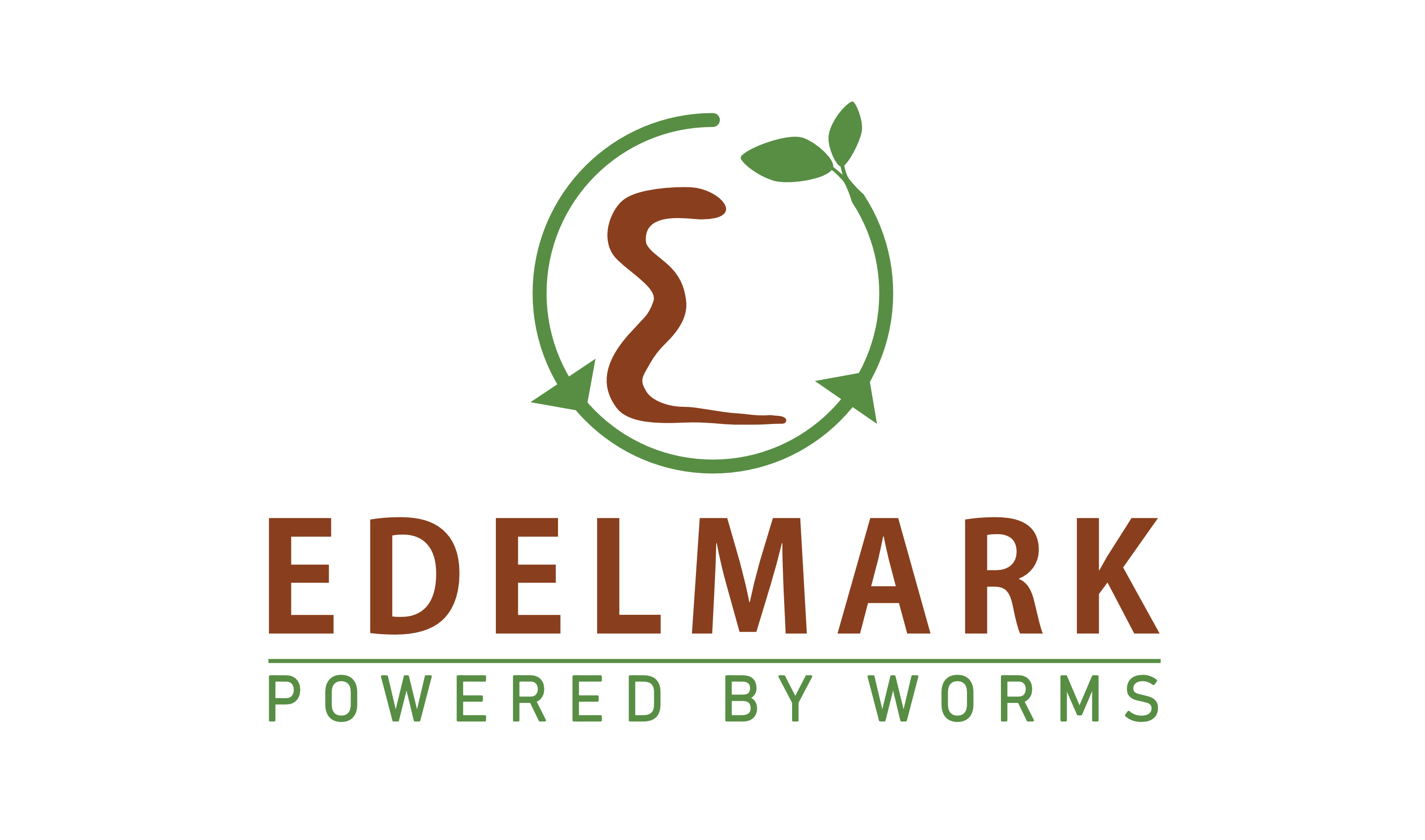Merriam-Webster.com Dictionary defines organic as the use of food produced with the use of feed or fertilizer of plant or animal origin without employment of chemically formulated fertilizers, growth stimulants, antibiotics or pesticides.
From this definition, then, organic gardening could be described as a natural growing without using chemicals like pesticides, herbicides or other such products and synthetic fertilizers. Therefore, avoidance or use of chemicals and synthetic fertilizer is the main difference between organic gardening and conventional gardening.
Organic gardening has much emphasis for the ecosystem where there exists a complex relationship between living organisms in the soil and among the plants. It works with the natural life in soil where billions and billions of important micro-organisms that live in the upper soil horizonsare encouraged and supported by organic gardening methods.
The key concept in organic gardening is feeding the soil through the application of compost, green manuring, crop rotation, etc. that have the potential of supporting a healthy soil. These methods do not disturb the soil matrix or the micro-organisms that call the soil home.
Organic gardening is not only a method that avoids man-made chemicals and fertilizers. It is a method that focuses on replenishing the resource that was utilized by growing plants. This replenishment of resource takes place simply by addition of organic matter to the soil. Application of compost is the usual and well known method that is practiced when it comes to soil amendment. Compost is known to have very important microorganisms and nutrient-rich soil. The nutrients are derived from the aerobic decomposition of organic matter. Organic matter can be collected from the garden itself and food waste from the kitchen

